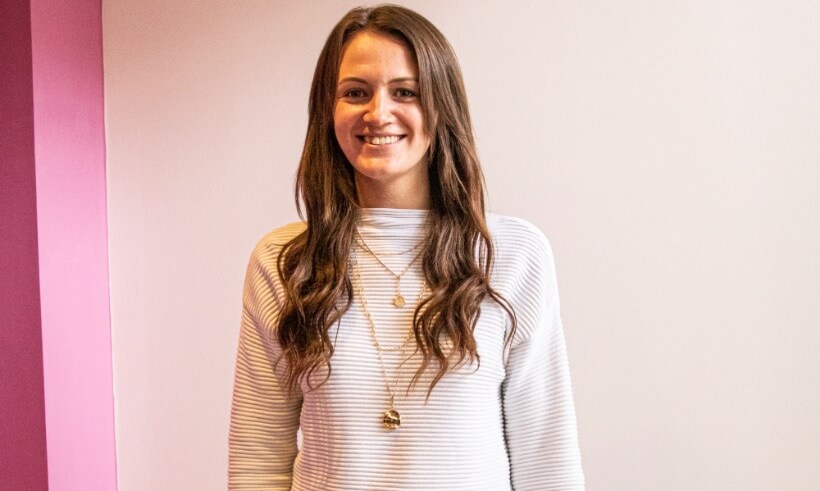Rachel Norris, producer, Chorus, says a collective effort from the industry will help move us towards a more sustainable future.
Sustainability has become this decade’s buzzword. With corporations promoting their online policies and promising their commitment to a better future. So why is it that some clients just aren’t practising what they preach?
From continuing to serve red meat, to failing to source items locally, it’s the duty of agencies to hold the industry accountable and lead the way. Despite widespread environmental awareness, progress is slow, many companies focus on ticking the sustainability box without making real change. How do we snap them out of bad habits, without breaking the budget? How do we turn down the energy dial without dimming our event sparkle?
As a small creative agency, we are making small but mighty steps towards addressing these questions. For example, we’ve joined isla and its TRACE tool has helped us create detailed reports for all events, (whether requested or not), influencing our client’s sustainable thinking and decision making. Since events inevitably leave a carbon footprint, it’s crucial to educate and encourage the supply chain to explore the possibilities to minimise this impact.
We’ve made it our mission at Chorus to forge relationships with suppliers who hold the same core goals. As standard, we record and measure all travel and offset any emissions we cannot reduce. Recognising the environmental impact of meat, we ensure as a minimum that any onsite catering is vegetarian and we use TRACE to calculate the carbon impact of guest menus, guiding clients to make conscious choices.
Whilst we encounter resistance, we also celebrate client successes. A recent client event saw us implement a vegetarian menu, resulting in over a 60% reduction in carbon emissions to the previous year. We also contributed to the circular economy by using 100% recyclable materials and sourcing decor from local charity shops which we later donated to a local arts school, a prime example of how being sustainable doesn’t have to cost the earth.
Where bespoke builds are required, we aim for a post-event life, such as a recent event for a whiskey client, where our art installation found a permanent residence at a distillery.
Playing your part
The difficulty now, is that progress depends on the collective efforts of numerous contributors.
From venues, to supply partners, caterers, to trucking, change is incremental and shifting the operating practices of an entire industry will not happen overnight. It will take years for the events industry and others to be fully on board, but we must start somewhere.
We are just a small business, chipping away at the bigger picture, refusing to give up. But what could happen if everyone gave that a go?















